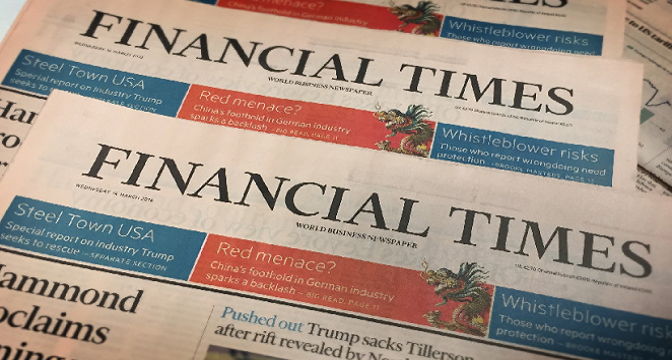
In a recent editorial titled 'Shock Therapy Alone Will Not Cure Nigeria’s Economic Ills', the Financial Times criticizes Nigeria's economic policies and the removal of fuel subsidies [2e895b7a] [ed7a0797]. The editorial has sparked controversy, with some viewing it as disrespectful and condescending, and others suggesting it has racist undertones [ed7a0797]. The Financial Times also mentions Nigeria's issues with corruption and kidnapping, which some see as a cheap blow [2e895b7a] [ed7a0797].
In response to the editorial, an article published in THISDAY Newspapers defends Nigeria's progress and criticizes the Financial Times for its personal attack on President Tinubu. The author argues that the UK, the home country of the Financial Times, is also plagued by corruption and has sponsored coups in the past. The article advises the Financial Times to be more careful in its coverage of African countries and to uphold its high global standards. It concludes by urging Nigerians to be cautious about what they believe and to solve their own issues with hard work, imagination, vision, integrity, and unity [2e895b7a].
The Financial Times' editorial titled 'Shock Therapy Alone Will Not Cure Nigeria’s Economic Ills' has been criticized for its arrogance and disrespect towards Nigeria. The editorial made condescending statements about Nigeria's fuel subsidy, implying that it was a benefit from an inefficient and corrupt state. It also suggested that moving to more orthodox policies and ending subsidies would correct Nigeria's economic demise. The FT was accused of racism and disregard for Nigeria as a whole. The editorial also mentioned Nigeria's issues with corruption and kidnapping, which were seen as cheap blows. The author of the response article argues that the FT has no right to talk about corruption in Nigeria when the UK itself has its own corruption issues. The author defends Nigeria's progress and criticizes the FT for its biased and disrespectful editorial [ed7a0797].
This new information adds another layer to the discussion on the foundational issues plaguing Nigeria's economy and the banking industry. It highlights the criticism faced by Nigeria's economic policies and the removal of fuel subsidies, as well as the controversy surrounding the Financial Times' editorial. The article emphasizes the need for careful and respectful coverage of African countries and the importance of Nigerians taking ownership of their issues and working towards solutions [2e895b7a].